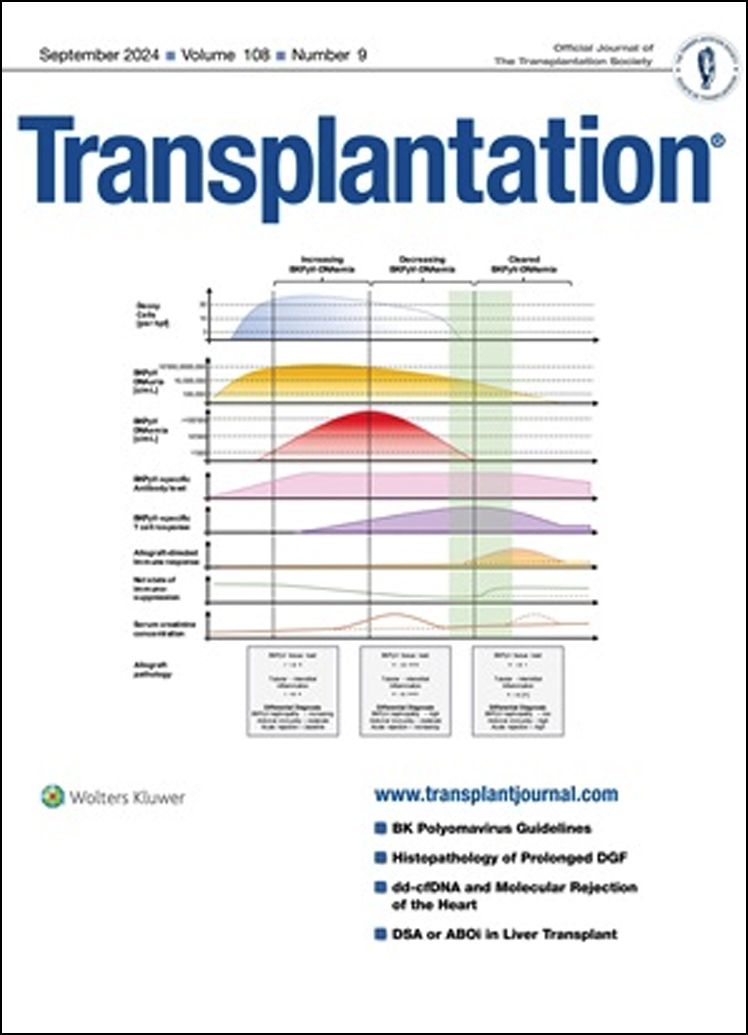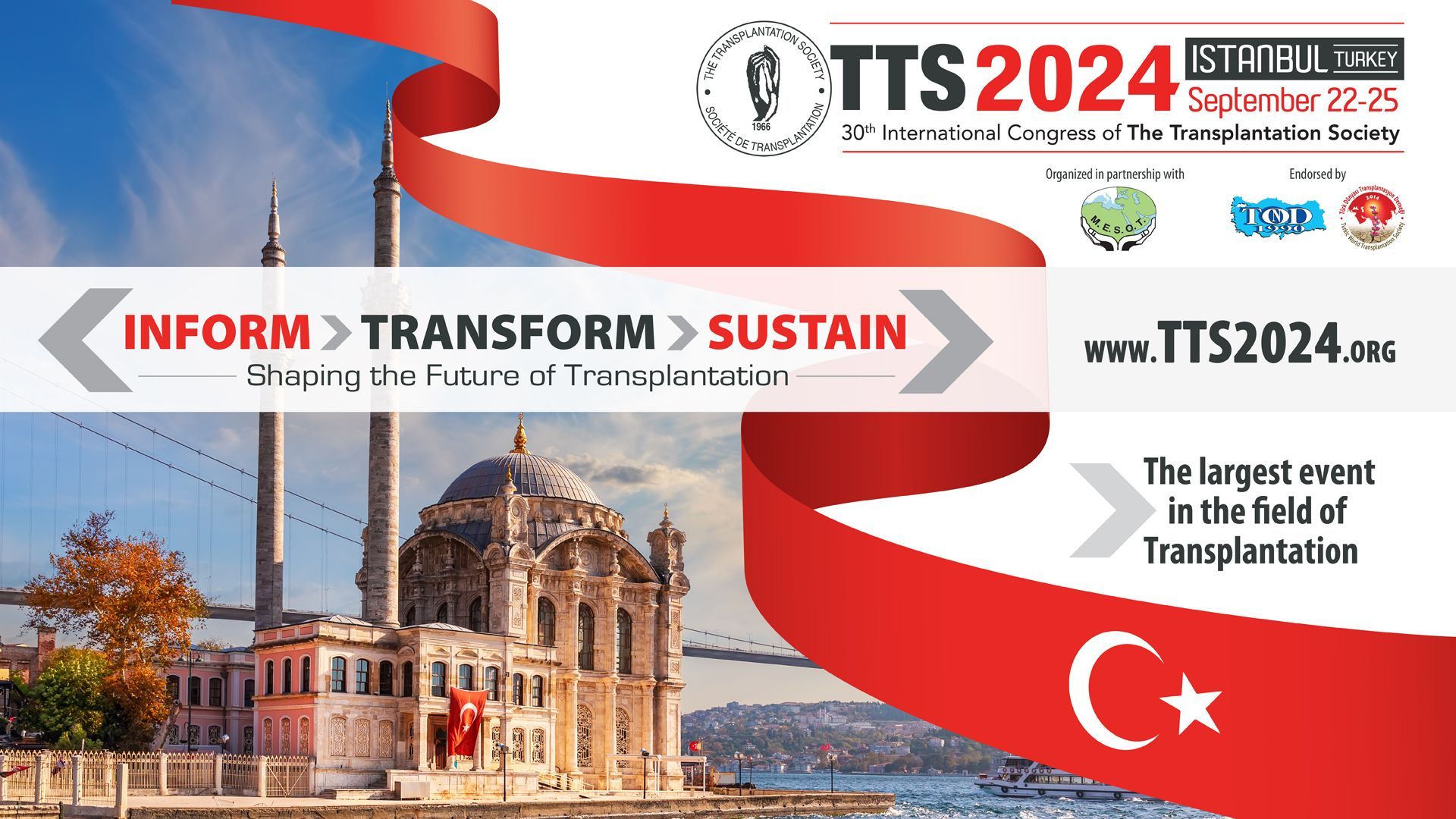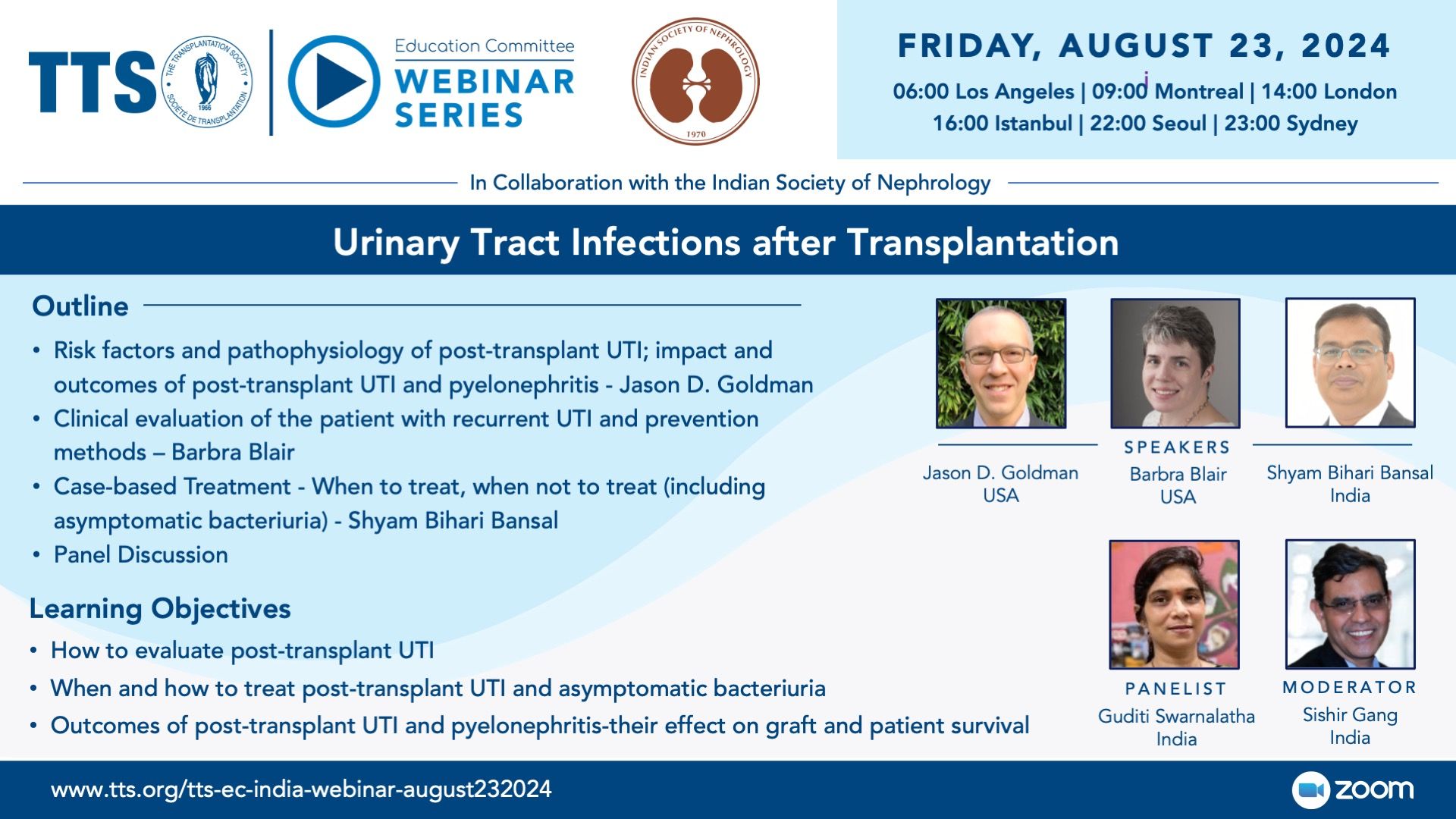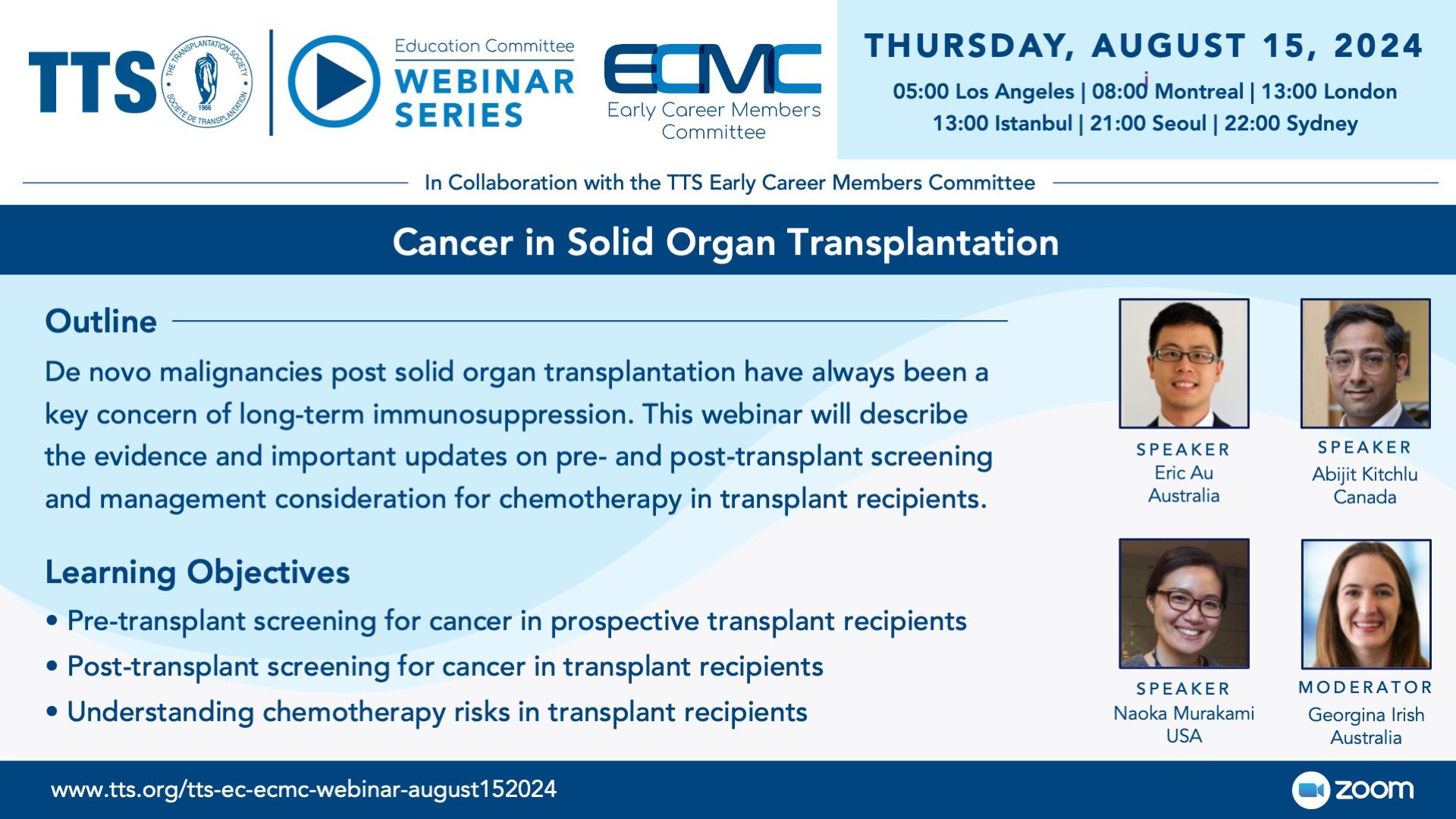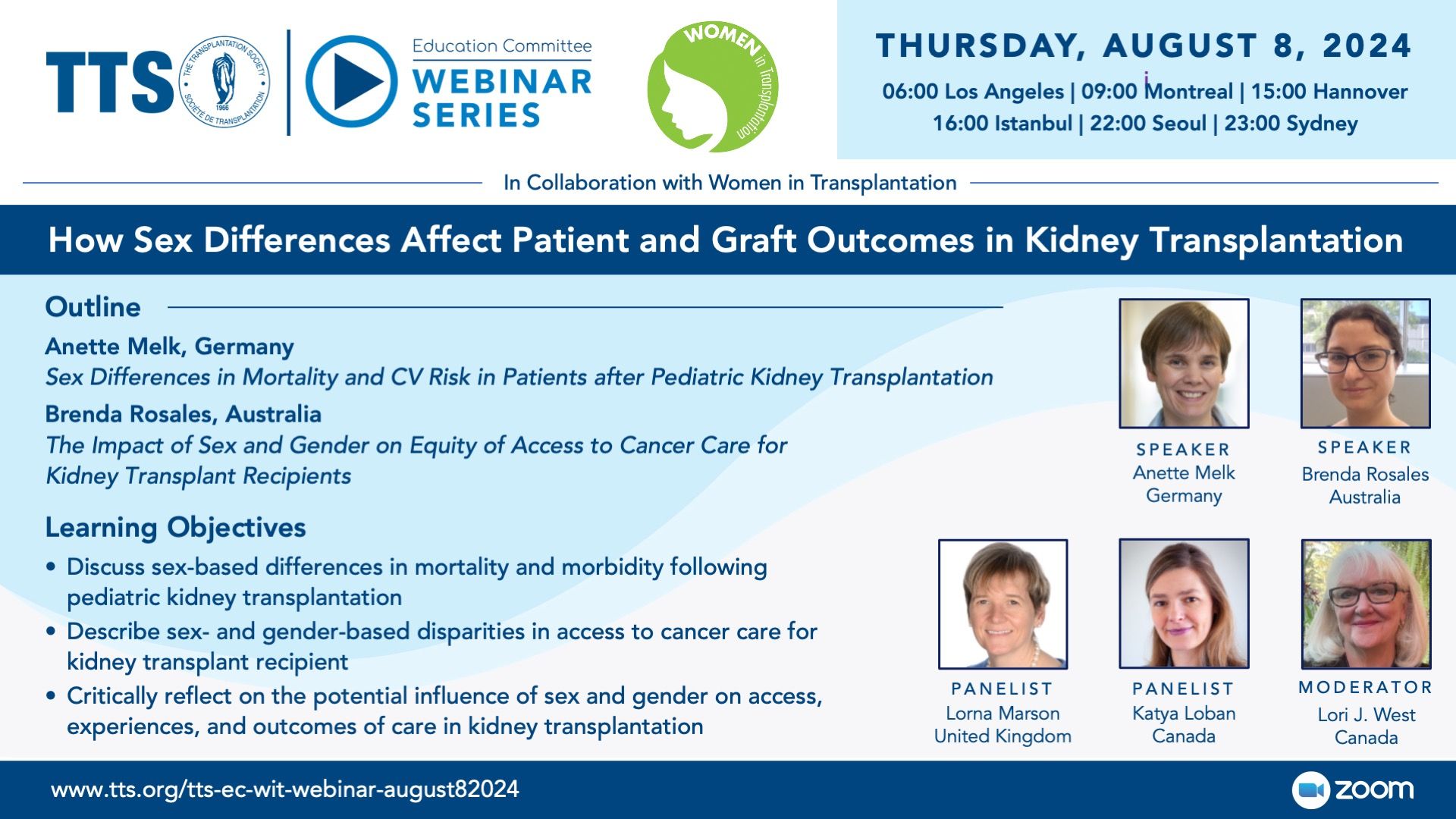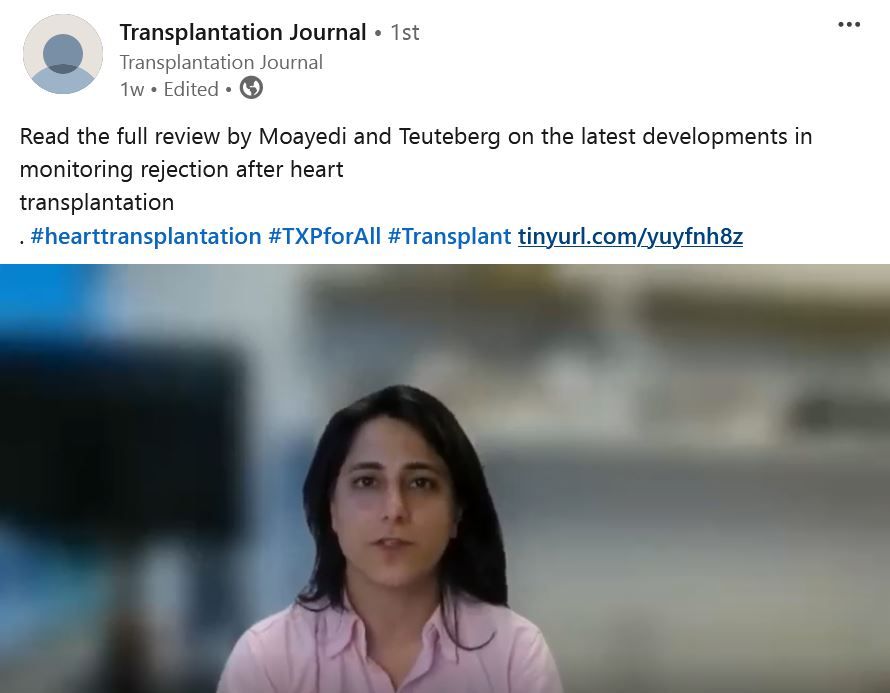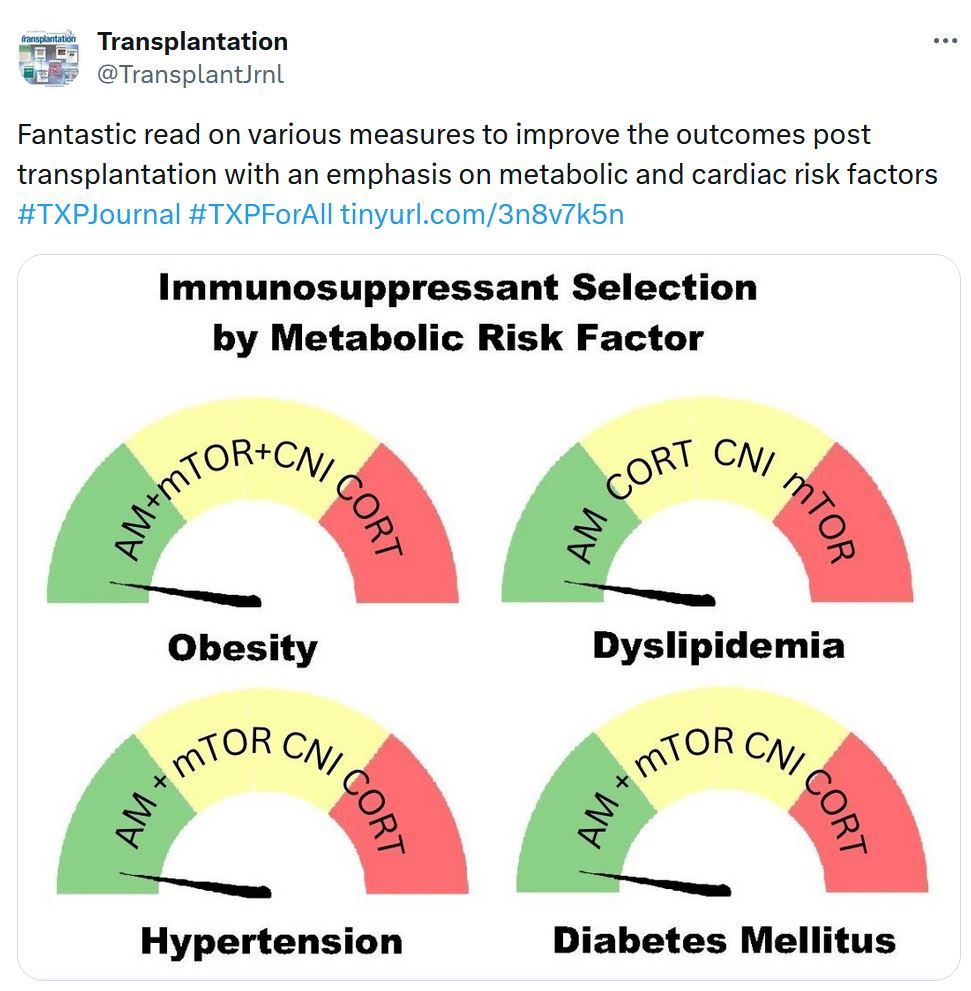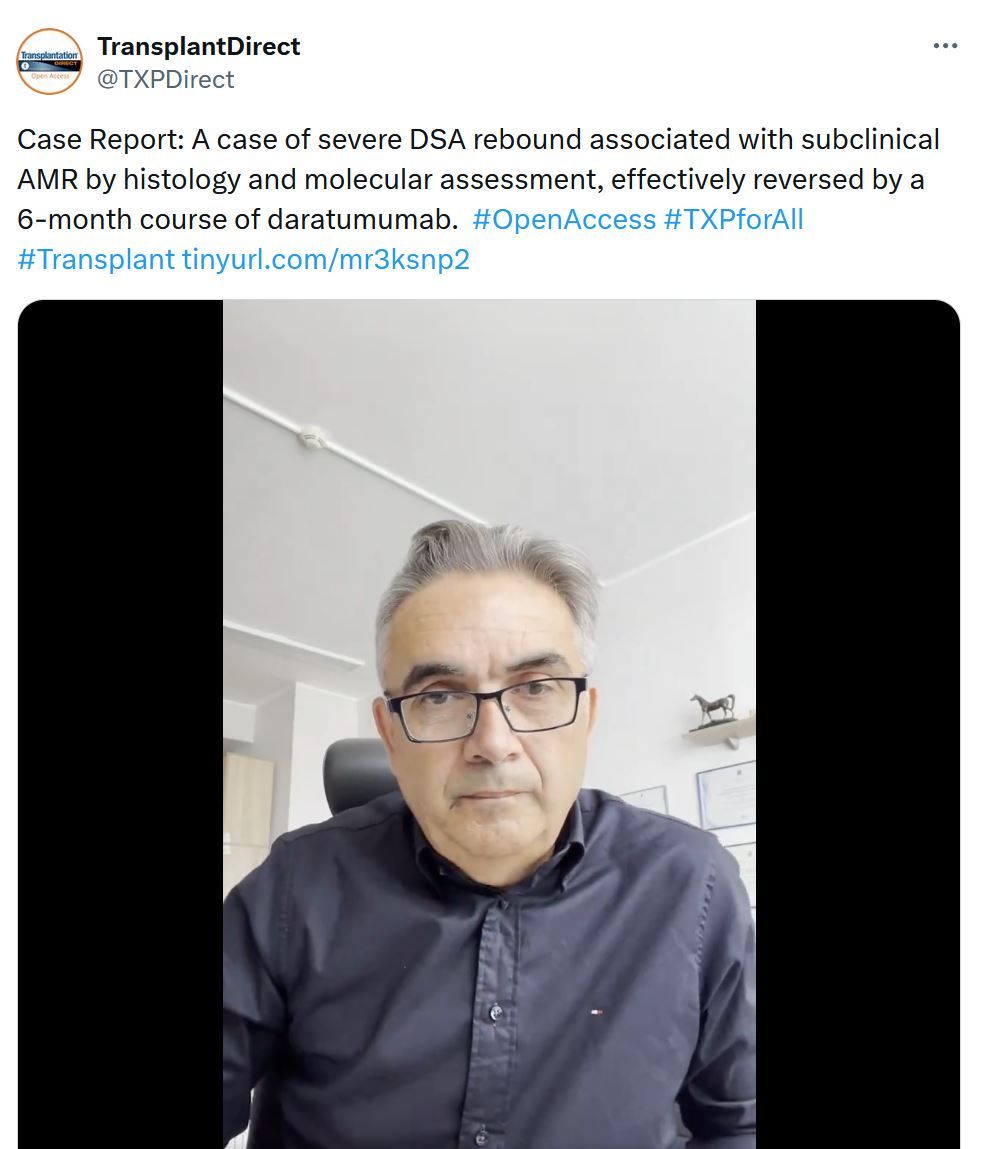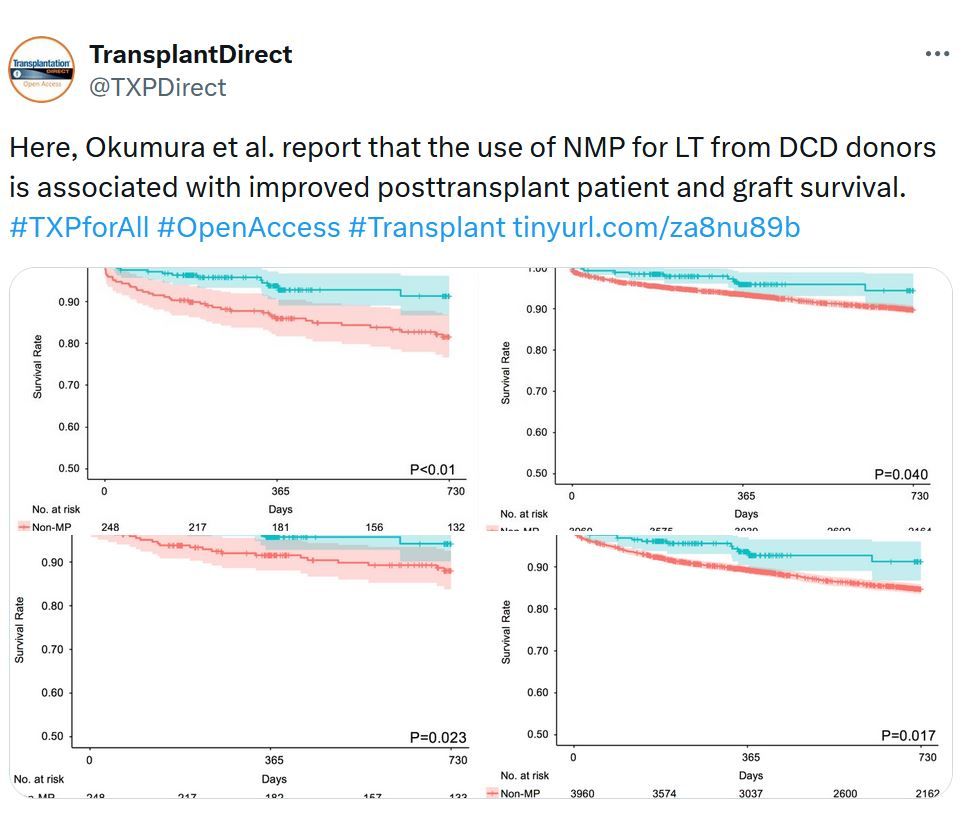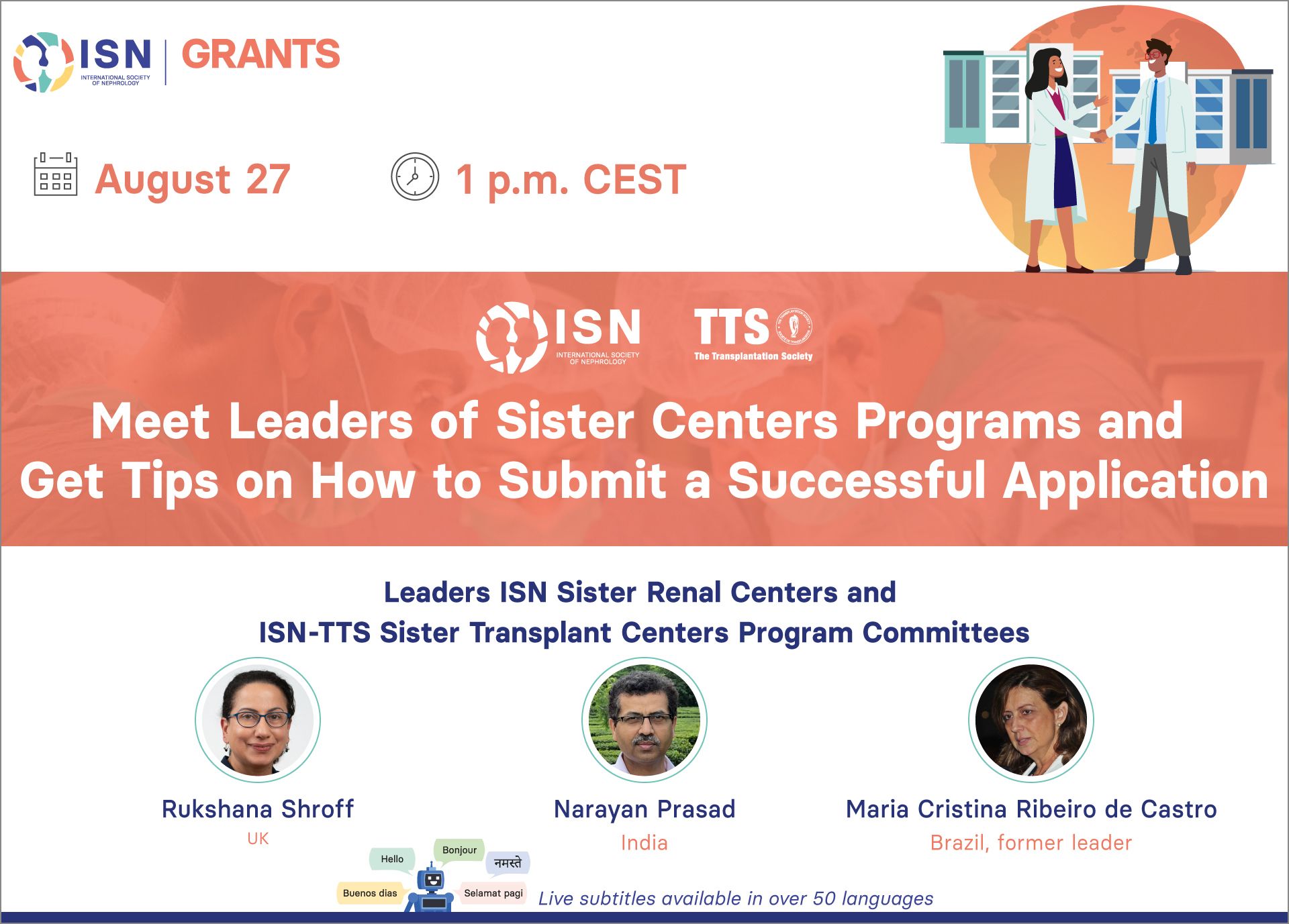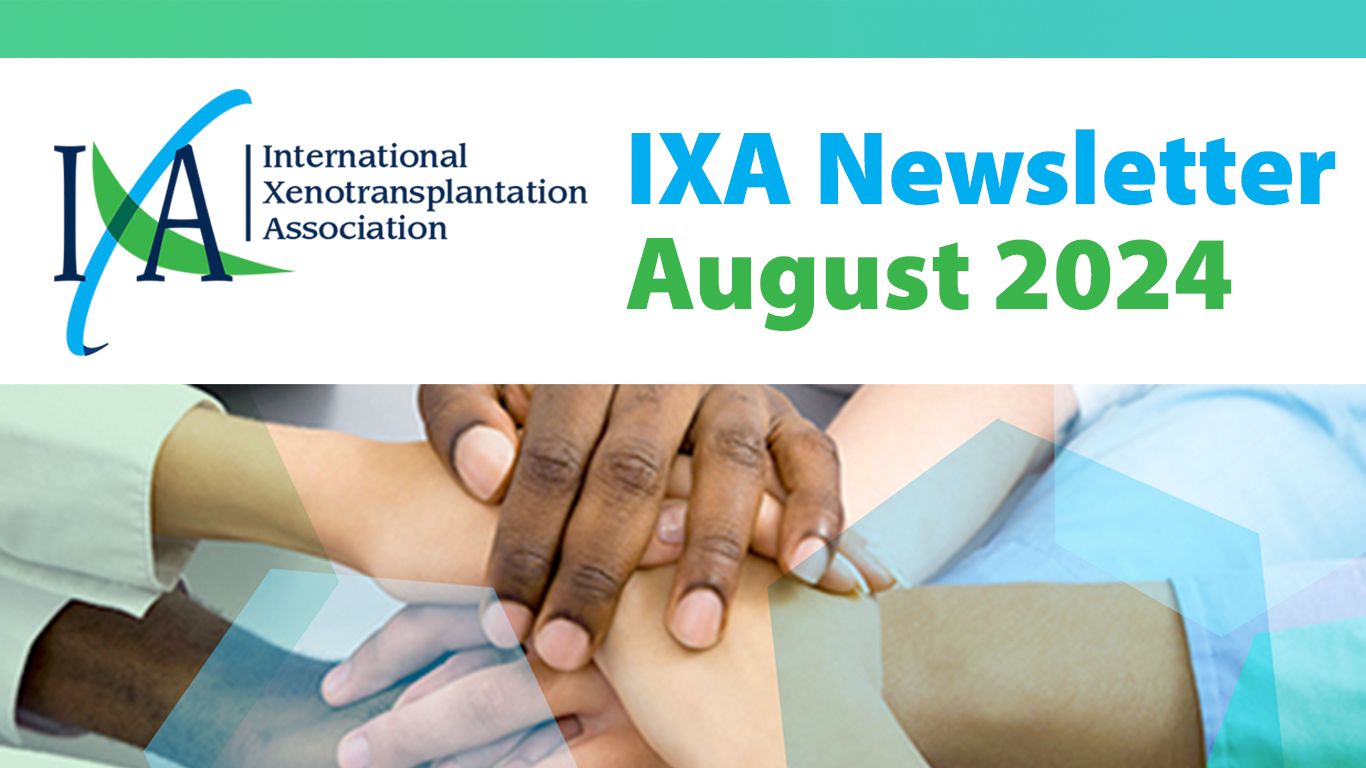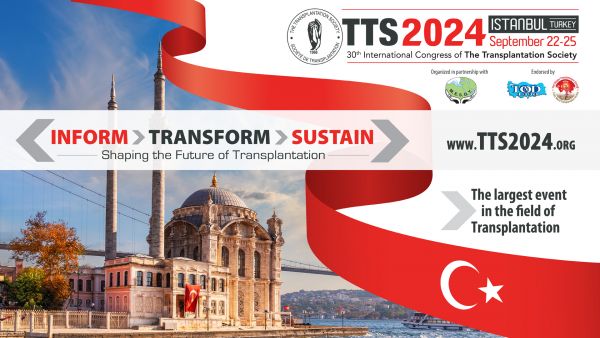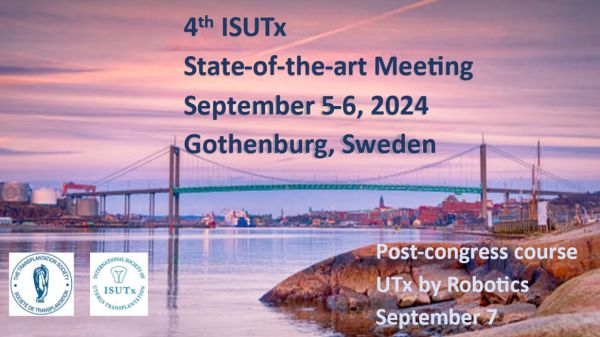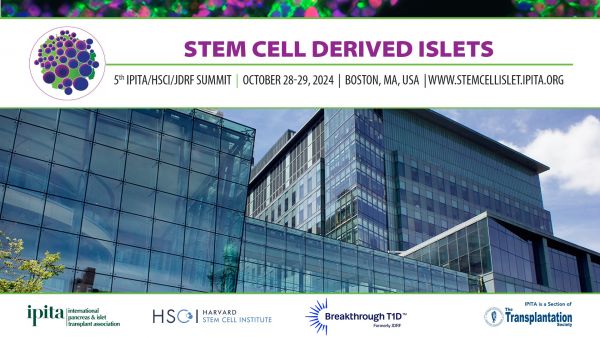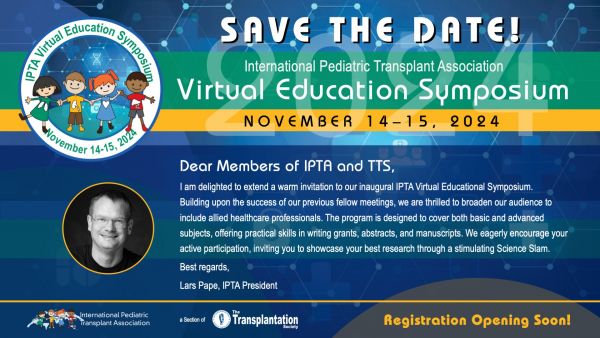
Just Released - Transplantation Journal - September Issue
This issue explores significant developments in transplantation. Our expert reviews this month include five papers from the various working groups at the Global Transplant Summit in Santander addressing sufficiency, transparency, and oversight for equity in transplantation. New international expert lead guidelines on the management of the BK virus are also included. Elsewhere the issue addresses the impact of mitral annular calcification (MAC) on liver transplant outcomes, studies on living donor liver transplantation (LDLT) and the complexities of donor-specific antibodies (DSAs) and ABO incompatibility, the efficacy of nucleos(t)ide analogs in preventing hepatitis B virus (HBV) recurrence post-liver transplantation. Furthermore, it addresses the evolving role of donor-derived cell-free DNA (dd-cfDNA) as an early biomarker for renal allograft rejection, demonstrating its potential to facilitate timely intervention and improve patient outcomes compared to traditional markers like serum creatinine. These studies collectively advance our understanding and clinical approach to transplantation, offering insights that may redefine current practices and improve patient care worldwide.
Table of Contents
Research Highlights
Expert Insight
Commentaries
- Donor-derived Cell-free DNA—Ready for Prime Time Yet?
- Are We Ready to Discontinue Hepatitis B Immunoglobulins to Prevent Hepatitis B and D Recurrence in Liver Transplant Recipients?
- Success With Islet Autotransplantation for Pancreatic Neoplasia Using a Careful Approach
- Donor-derived Cell-free DNA and Acute Kidney Rejection: A Golden Opportunity or a False Hope?
Reviews
- The Second International Consensus Guidelines on the Management of BK Polyomavirus in Kidney Transplantation
- Mechanistic Understanding of EBV+Lymphoproliferative Disease Development After Transplantation
- The Promise of Complement Therapeutics in Solid Organ Transplantation
- Pharmacomicrobiomics: Immunosuppressive Drugs and Microbiome Interactions in Transplantation
- Histopathological Features and Role of Allograft Kidney Biopsy Among Recipients With Prolonged Delayed Graft Function: A Review
Original Basic Science
- Impact of Hemoglobin Level in Ex Vivo Heart Perfusion on Donation After Circulatory Death Hearts: A Juvenile Porcine Experimental Model
- Determination of Maximum Tolerable Cold Ischemia Time in a Mouse Model of Cervical Heterotopic Uterus Transplantation
- Comparing Plasma Donor–derived Cell-free DNA to Gene Expression in Endomyocardial Biopsies in the Trifecta-Heart Study
- Taurine Deficiency Is a Hallmark of Injured Kidney Allografts
Original Clinical Science—Liver
- Improved Waitlist Outcomes in Liver Transplant Patients With Mid-MELD-Na Scores Listed in Centers Receptive to Use of Organs Donated After Circulatory Death
- Prognostic Value of Mitral Annular Calcification in Liver Transplant Patients: Implication in Posttransplant Outcomes
- Impact of Preformed Donor-specific Antibodies in Comparison to ABO Incompatibility in Living Donor Liver Transplantation: A Propensity Score–Matched Analysis
- Efficacy of Newer Nucleos(t)ide Analogs After Hepatitis B Immunoglobulin Discontinuation Against Hepatitis B and D Recurrence in Liver Transplant Recipients
Original Clinical Science—General
- Cold Ischemia Time and Delayed Graft Function in Kidney Transplantation: A Paired Kidney Analysis
- Autologous Pancreatic Islet Cell Transplantation Following Pancreatectomy for Pancreas Diseases Other Than Chronic Pancreatitis: A 15-y Study of the Milan Protocol
- Long-term Kidney Transplant Survival Across the Globe
- Electrocardiography-based Artificial Intelligence Algorithms Aid in Prediction of Long-term Mortality After Kidney Transplantation
- Highly Sensitized Candidates Remain at Risk for Microvascular Inflammation Even When Donor-specific Antibody Is Avoided: A Matched Cohort Study
- Outcomes of Heart Transplantation From Donation After Circulatory Death: An Up-to-date Systematic Meta-analysis
- Elevation of Donor-derived Cell-free DNA Before Biopsy-proven Rejection in Kidney Transplant
Letters to the Editor
- Comments on: The Second International Consensus Guidelines on the Management of BK Polyomavirus in Kidney Transplantation
- Reducing Immunosuppression for BK Polyomavirus–What to do About Corticosteroids?
- Toward a Fair Adjusted Analysis of Kidney Graft Survival
- Long-term Kidney Transplant Survival Across the Globe: An Important Clarification!
Erratum
TTS 2024 - Join Us in Istanbul… Less Than One Month Away!

In Case You Missed It…Recent Recordings
ISN-TTS Sister Center Webinar
IXA Newsletter - August 2024
Contact
Address
The Transplantation Society
International Headquarters
740 Notre-Dame Ouest
Suite 1245
Montréal, QC, H3C 3X6
Canada
Используйте Вавада казино для игры с бонусом — активируйте промокод и начните выигрывать уже сегодня!

